Principal Investigator
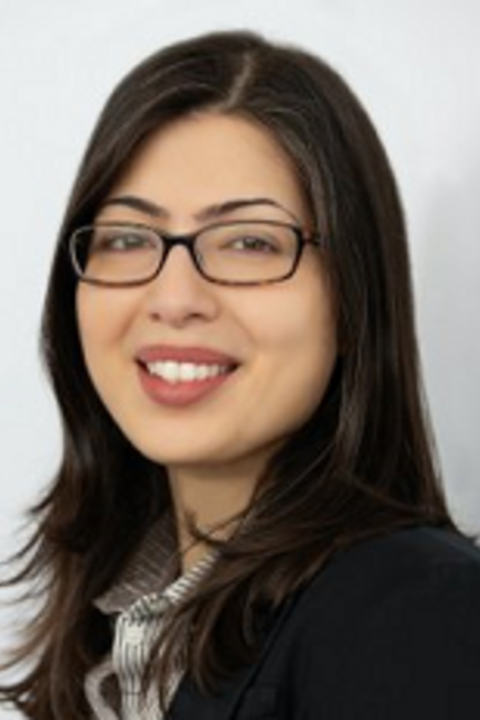
Thomas B. Smith
Contact: thomas.smith@yale.edu
Tom received a PhD in Physics from the University of Sydney in 2021, followed by a postdoc from 2022–2024. His research focuses on the physical implementations of quantum computing. Throughout his PhD and postdoc, Tom has worked on the theory of qubits encoded semiconductor quantum dots, topological nanowires, rare-earth ions, and superconducting circuits. His current research is concerned with the design and control of noise-tailored superconducting qubits, and their integration with quantum error-correcting codes.

Bailey (Shouzhen) Gu
Contact: shouzhen.gu@yale.edu
Bailey did his undergrad at the University of Waterloo and his Ph.D. at Caltech, advised by John Preskill. At Yale, he is a member of Shruti Puri and Alex Kubica’s groups. His research focuses on both theoretical and near-term aspects of quantum error correction, including quantum LDPC codes, decoders, and noise bias.

Graduate Students
Margaret Pavlovich
Contact: margaret.pavlovich@yale.edu
Margaret grew up on Long Island, in New York. After receiving an SB in Physics at MIT, she worked at MIT Lincoln Lab in the Optical Communication group, building a testbed for quantum communication. At Yale, she is co-advised by Peter Rakich. Her work brings together optomechanics, integrated photonics, and quantum computing. In her free time, Margaret enjoys playing French horn and reading science fiction.
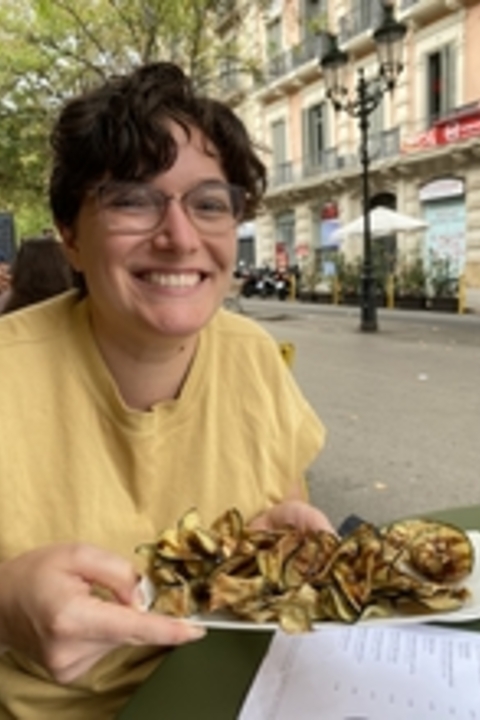
Pei-Kai Tsai
Contact: pei-kai.tsai@yale.edu
Pei-Kai is a Ph.D. student in Applied Physics department. He grew up in Taiwan and received his B.S. in Physics and B.E. in Electrical Engineering from National Taiwan University. As an undergraduate, he focused on variational quantum algorithms for chemical simulation on near-term quantum devices. Here at Yale, he is working on topological error correction codes and their performances under biased noise.

Qile Su
Contact: q.su@yale.edu
Qile is a Ph.D. student in the Physics department. He received his BS in Physics from UCLA in 2021. His undergraduate research focused on single-qubit composite pulses that are robust to low frequency noise in the controls. He has an interest in quantum optics and open quantum systems. At Yale, Qile is working on adiabatic quantum computing using Kerr-cat qubits.
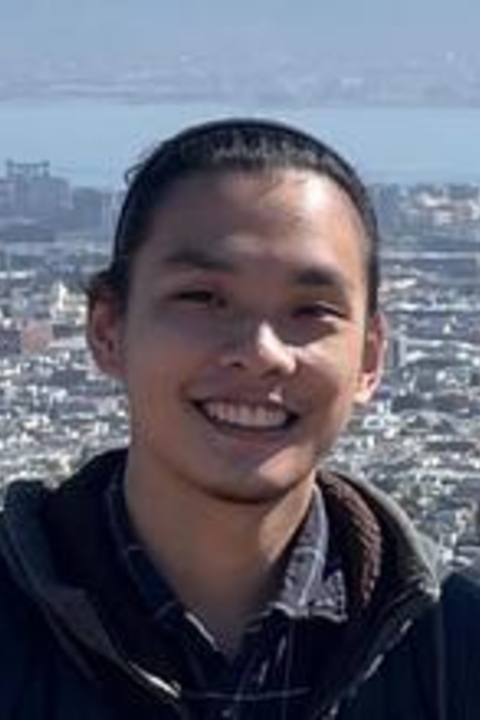
Kaavya Sahay
Contact: kaavya.sahay@yale.edu
Kaavya grew up in Ahmedabad, India. She obtained a B.Tech in Engineering Physics with a minor in computer science from IIT Delhi. As an undergraduate, Kaavya interned at the Quantum Theory Group at the University of Sydney, where she worked in quantum error correction. Having begun her graduate studies in Applied Physics at Yale in 2021, she is currently exploring decoder design and tailoring QEC to hardware.
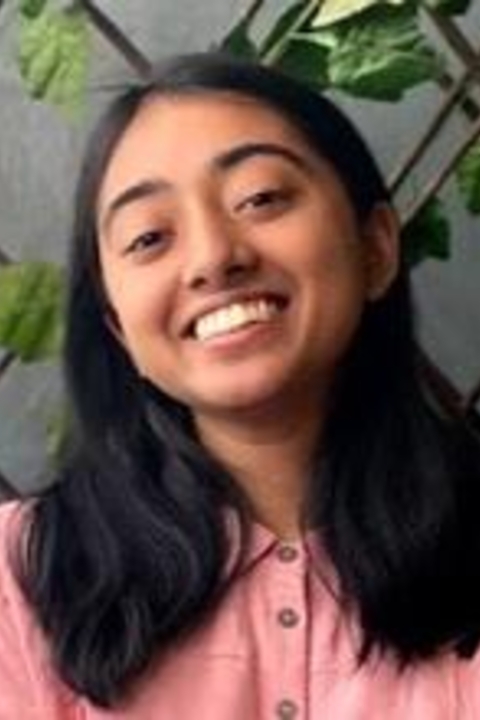
Katie Chang
Contact: katie.chang@yale.edu
Kathleen (Katie) is a graduate student of the Physics Ph.D. program. She completed her Bachelors of Science in Physics at the University in Virginia in 2021 with a specialty in computational medical physics. She is investigating topological codes, specifically 3D surface code performance under biased noise. She likes to get involved in student government, draw, and learn instruments in her spare time.
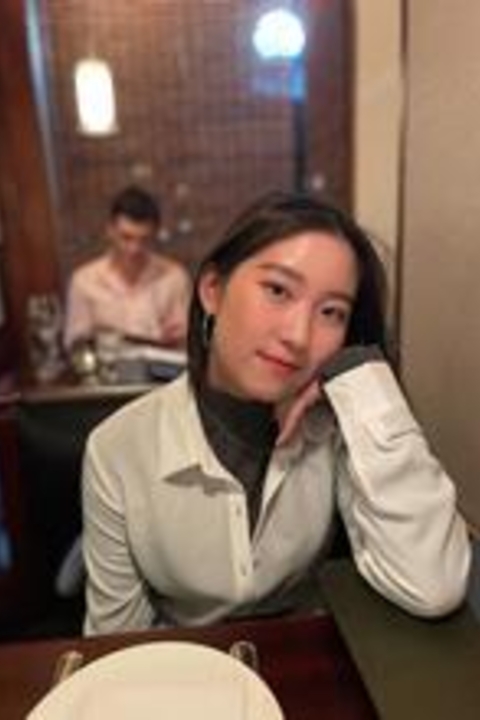
Harshvardhan K. Babla
Contact: harsh.babla@yale.edu
Harsh is a second year student in Applied Physics from Dar es Salaam, Tanzania. He’s working on measurement based quantum computing with Schrödinger Cat codes, closely collaborating with the Schoelkopf group. Prior to joining Yale, he completed a bachelors in Electrical Engineering at Princeton University, with minors in Computer Science and Engineering Physics. While at Princeton, he worked on novel material platforms for superconducting circuits with Andrew Houck.

Hanna Westerheim
Contact: hanna.westerheim@yale.edu
Hanna Westerheim is a Ph.D. student in the Applied Physics Department. Originally from Massachusetts, she earned her B.S. in Engineering Physics with Honors from Cornell University, along with a minor in Computer Science. During her undergraduate studies, she focused on developing variational quantum algorithms to solve semi-definite and linear programs on near-term quantum devices.

Julia Bauer
Contact: julia.bauer@yale.edu
Julia Bauer is a PhD student in the Applied Physics Department. She earned her B.S. in physics from Davidson College and MSc in theoretical physics from the University of Edinburgh, where she conducted research in quantum materials theory and design. She is currently working on the multimode bosonic Chuang-Leung-Yamamoto (CLY) code.

Nuri Kang
Nuri Kang is a Ph.D. student in the Applied Physics department. He grew up in Busan, South Korea. He received his B.S. in Applied Physics from Kyung-Hee University and his M.S. in Physics from Korea University. He conducted research at the Center for Quantum Technology at KIST from his undergraduate through master’s years, focusing on linear-optical architectures for fault-tolerant quantum computing with fusion-based schemes and continuous-variable code qubits, including GKP and cat codes.

Undergraduate Students
Shwetlana Jha is a second year undergraduate student at Yale University majoring in Mathematics and Physics. She is originally from New York City and is passionate about the intersection of physics, math, and computer science. Currently, she is interested in quantum error correction and is doing theory research at the Yale Quantum Institute.
